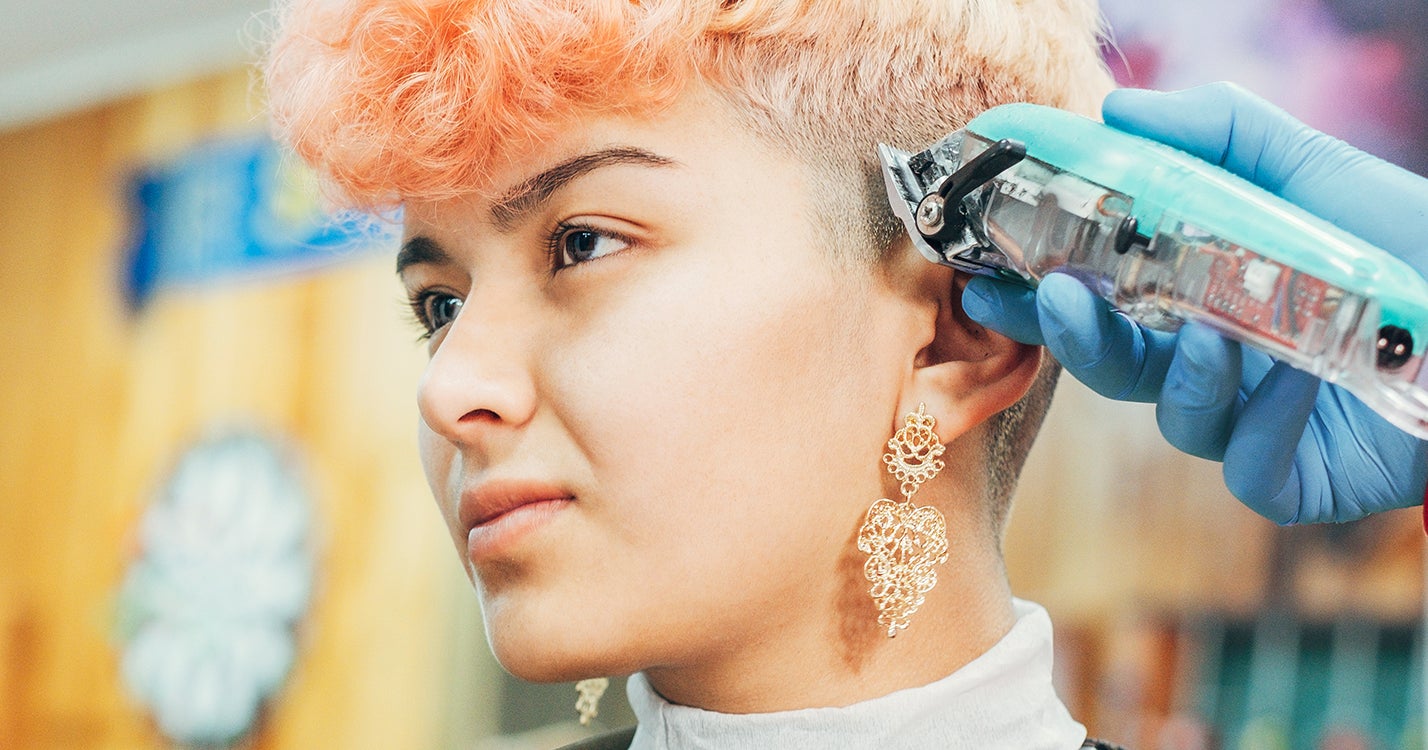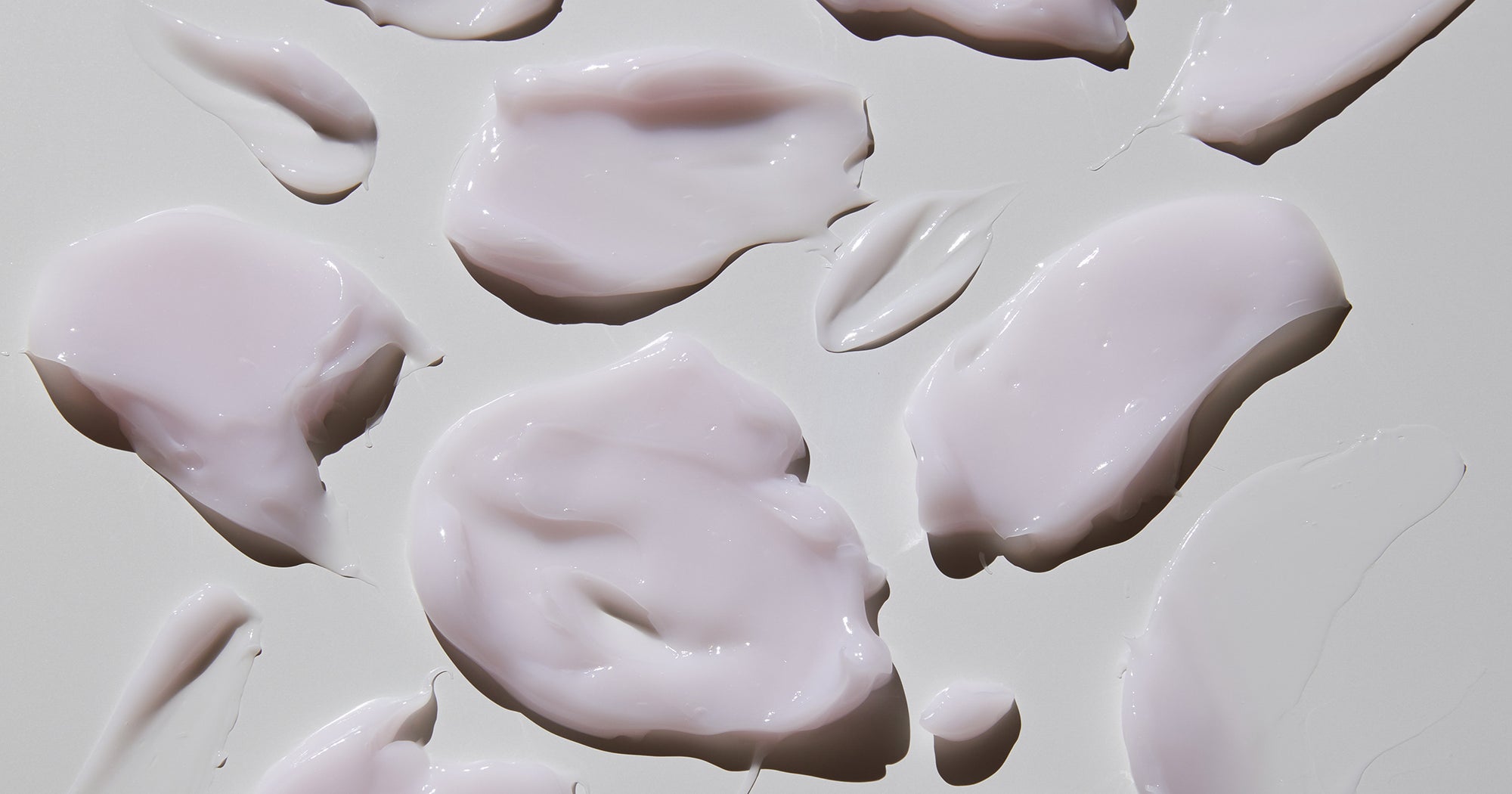Jessica McKenzie was crowned the first Miss Indigenous Canada this past summer.Ian R. Maracle
At a powwow last year, Jessica McKenzie was approached by a woman who had survived the Sixties Scoop, one of the darkest chapters in Canada’s history. The woman held her tightly and cried.
It was the moment she truly knew that her title as the first Miss Indigenous Canada carried weight and meaning.
“She said, ‘Thank you so much for putting us on the map. Thank you so much for being the voice for people that couldn’t have a voice generation after generation,’” McKenzie recalled.
She had hoped the pageant would help young Indigenous girls feel secure, happy, and proud of their heritage, and provide role models to look up to, but this was more than she expected.
“It’s been such a beautiful journey,” she said.
For McKenzie, a member of Opaskwayak Cree Nation, her experiences through the pageant were a much-needed part of her own healing journey. Her grandfather, grandmother, aunts, and uncles all attended residential schools, and have grappled with the intergenerational trauma that comes with those experiences.
She also dealt with anxiety and depression. Coming out of the pandemic, McKenzie wanted to find herself again. Signing up for the pageant was scary and very uncomfortable, she said, but doing it despite the fear was important.
Crowned in July, she was one of some 700 applicants who entered a pageant that was more than two years in the making. It was a community and family win that was made possible by their stories, traditions, and language, said McKenzie, who beaded a large canvas of Clear Water Lake in Manitoba as an expression of gratitude and pride.
From dream to reality
The idea for the pageant came to Aleria McKay in a vivid dream in May 2022. Although she had participated in pageants for more than a decade, she never considered starting her own.
But when she woke up the morning after, she sat at her computer the entire day, writing down all the ideas that appeared so vividly in her dream, and began planning.
“It just felt like this was something I had to make happen. And then it did,” said McKay, whose mother is Onondaga and Teme Augama Anishnabai and whose father is Red River Metis and Dene Tha.
She worried whether there would be enough interest, but responses far exceeded her expectations. Hundreds of contestants were whittled down to 26 women representing some 30 Indigenous communities, McKay said.
“We were just looking for authentic, genuine voices,” she said. “We had people from all different journeys, all different walks of life, all different nations.”
McKay, who grew up on Six Nations of the Grand River, loved the sisterhood she found in pageants, even though she was never comfortable with the traditional focus on external beauty. She found the Indigenous, culturally focused pageants she competed in much more enriching. Miss Indigenous Canada – which is already gearing up for 2025 – was an opportunity to create something on a bigger scale for Indigenous women.
“There still can be that desire to want to reach more people, want to go meet different women from different backgrounds and different nations, and learn about what things are like in different areas of the country,” McKay said.
As the inaugural winner, McKenzie has done just that. Being able to visit schools, do beading workshops for Indigenous communities, inspire Indigenous youths to believe in themselves and offer support in their own journey has been “beautiful”, she said.
A dozen years ago, McKenzie participated in Miss Asia, her first and last pageant, where she honoured her Indonesian mother’s heritage. This time, she honoured her father’s side.
It’s a journey that continues as her extended family plans a large reunion trip this year to Opaskwayak Cree Nation – their first in decades – and where she’ll be able to share her win with everyone.
“It’s really because of Aleria’s dream,” McKenzie said.














